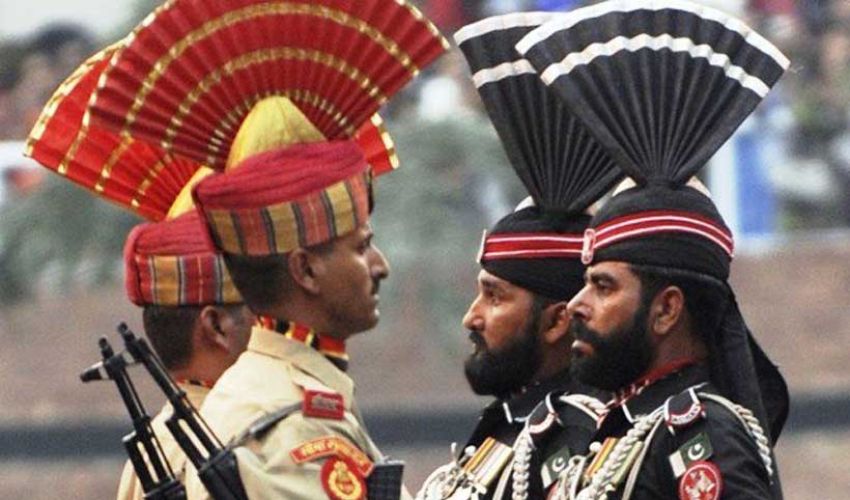Pakistan People’s Party (PPP) Chairman Bilawal Bhutto Zardari condemned ‘Iddat case’ verdict by the Islamabad Court against former premier Imran Khan and his wife Bushra Bibi.
“It is difficult for me to support the outcome of the Iddat case, efforts made in the past to safeguard women’s rights may also be impacted by the verdict,” he said.
In an interview with a private news channel, Bilawal said condemned the verdict terming it as a new low in Pakistani politics. “I am sure Imran himself was responsible somehow for taking the national politics to a low level that iddat matters were being discussed in the courts,” Bilawal said.
Must Read: All you need to know about Imran-Bushra nikah case
Pakistan Tehreek-e-Insaaf (PTI) founder Imran Khan and his wife Bushra Bibi have been sentenced to seven years in prison by District and Sessions Courts Islamabad Senior Civil Judge Qudratullah in the nikah case.
بلاول بھٹو کی بشری بی بی کے خلاف غیر شرعی نکاح کیس میں فیصلے کی مذمت
— Nadir Guramani (@nguramani) February 4, 2024
میرے لئے مشکل ہے کہ میں اس {غیرشرعی نکاح} فیصلے کو سپورٹ کروں، میں واضح طور پر اس کی مذمت کرتا ہوں ہمیں سیاست میں اتنا نہیں گرنا چاہئے،افسوس ہو رہا ہے کہ ہمارا ملک اس نہج پر پہنچ گیا ہے،@BBhuttoZardari کی گفتگو pic.twitter.com/GPxJvHNNgC
On January 25, the Islamabad High Court extended the injunction on the trial until January 31. Imran Khan's lawyer argued that the case aimed to defame his client for political purposes, while Khawar Manika's lawyer questioned the validity of the second marriage if the first one was still valid
On January 31, Chief Justice Amir Farooq heard the case. Imran Khan's lawyer argued that the case aimed to defame his client for political purposes, while Khawar Manika's lawyer questioned the validity of the second marriage if the first one was still valid. The court reserved judgment after completing arguments from both parties.
The legal proceedings concluded with a shocking seven-year prison sentence for Imran Khan and Bushra Bibi. The case, centered around the alleged violation of Iddat rules, has stirred public interest and prompted discussions on the intersection of personal life, politics, and the legal system in Pakistan.



























